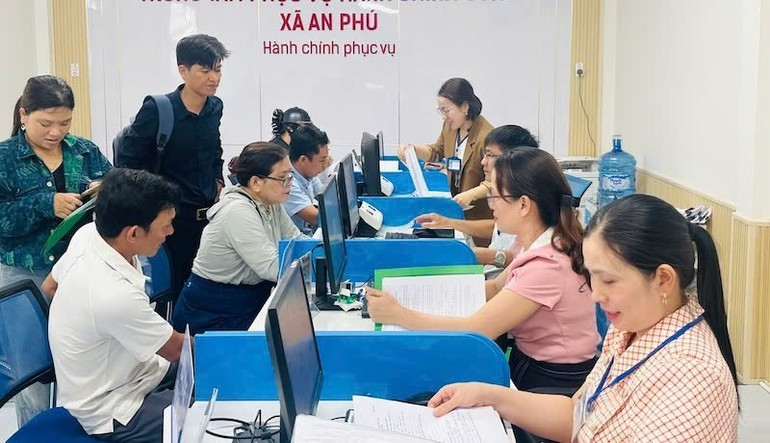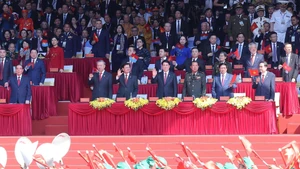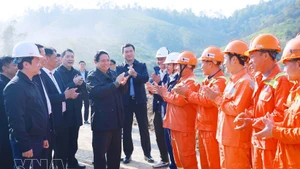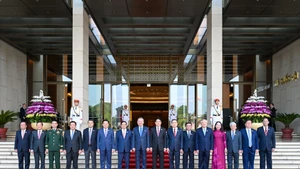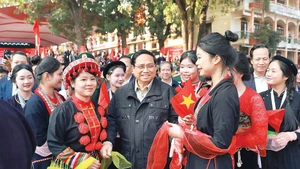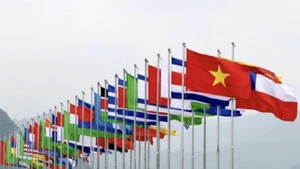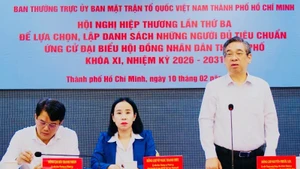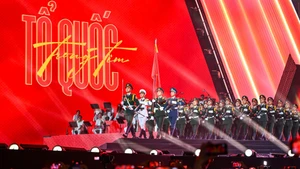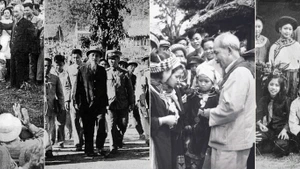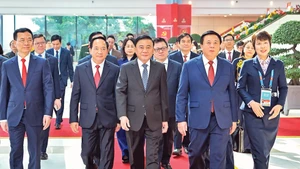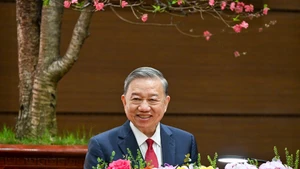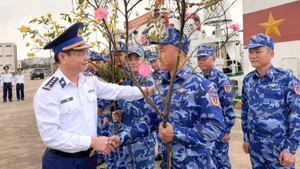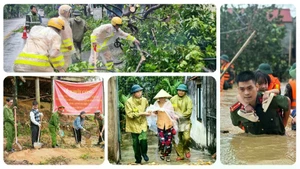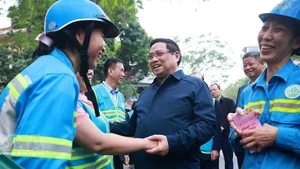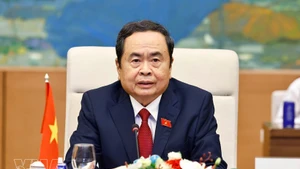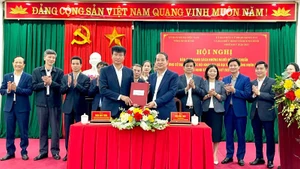The aim is to build a government closer to the people, serving them better, while opening up a new chapter in the country’s development. Whether this expectation is fulfilled depends greatly on the renewal mindset of grassroots officials – those who work directly with the people. This is an opportunity to restructure the team of capable, virtuous officials, while also filtering attitudes and work ethics to choose those truly committed to public service.
After over a month of implementing the two-tier local governance model, many communes, wards, and special zones in Quang Ngai Province have established fanpages such as “A New Day in Son Tay”, “Ly Son Special Zone”, or “Van Tuong Commune News and Events” to introduce their localities after the merger, provide local information, and receive citizens’ feedback. This “open” communication through multiple channels has helped local government and people – from the mountainous areas to the islands – come together.
Previously, information was disseminated mainly through official platforms. Many websites of agencies and organisations were slow to update information and provided limited opportunities for feedback from citizens and businesses. Today, localities and grassroots officials have set up multiple interactive channels with people such as hotlines, online portals, and social networks. Local governments and commune-level police forces actively provide timely updates to households, while humbly listening to and incorporating citizens’ opinions.
Currently, grassroots governments are simultaneously operating new administrative apparatus, rearranging staff and job positions, while still handling administrative procedures for people and businesses. Communes and wards are arranging “elite” officers with clearly defined tasks to handle multiple duties: receiving applications, guiding and responding to questions from people and businesses on land, law, and credit policy, and implementing laws and decrees, which took effect on July 1 – all with a spirit of quick resolution and an attentive, considerate service attitude.
Implementing the two-tier governance model and building a service-oriented administration is a long-term process, requiring perseverance, determination, and consensus among officials and civil servants, driven by a comprehensive renewal mindset in the service of the people. Alongside consolidating the administrative apparatus, local government must adopt fundamental measures for deeper, more comprehensive public service reform. These include strengthening supervision, listening and responding promptly to grassroots issues, holding dialogues with citizens and businesses to resolve difficulties, improving public service quality; organising inspection and supervision to assess substantive operation of functional agencies and local authorities to build an honest public service environment and enhance people’s quality of life.
The goal is to build a truly streamlined political system that operates effectively and efficiently, meeting the demands of the new revolutionary stage. Central agencies, ministries, provinces, and cities are focusing on perfecting laws on the organisation and operation of bodies in the political system, while boosting decentralisation under the principle: “localities decide, localities act, localities take responsibility”.
In the cause of major changes, every cadre, Party member, officer, and public employee must adopt a renewal mindset and vision to meet the requirements of modern social governance, realise the goals of rapid and sustainable growth, creating new momentum for national defence and external affairs security, and creating momentum for the country’s economic development.
